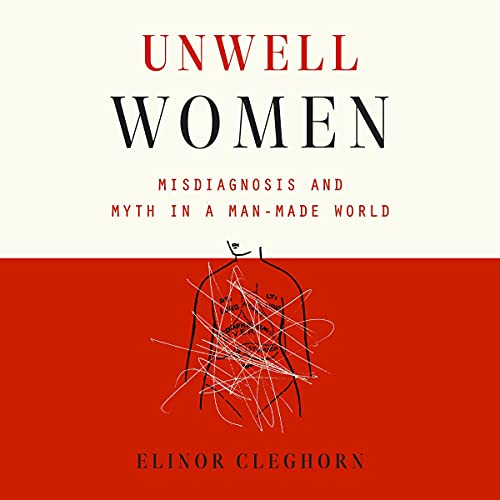Medical Myths About Gender Roles
Did you know that “physicians once believed that women’s nerves were too highly strung for them to receive an education… and their ovaries would become inflamed if they read too much” ? This seems crazy now — but it turns out that myths surprisingly similar to these are still prevalent in our society.
Today…
“menstruation and menopause are still seen by many people as credible reasons why women shouldn’t hold positions of political power.”
“clinical research exempts women from studies and trials on the grounds that female hormones fluctuate too much and upset the consistency of results.”
“Women [with chronic pain] are less likely to be referred for further diagnostic investigations than men are.”
“Women are more likely to be offered minor tranquilizers and antidepressants than analgesic pain medication.”
Women’s pain “is more likely to be be seen as having an emotional or a psychological cause, rather than a bodily or biological one.”
These ideas can be traced back to Ancient Greece, and have been very impactful on women’s lives:
The historical—and hysterical—idea that women’s excessive emotions have profound influences on their bodies, and vice versa, is impressed like a photographic negative beneath today’s image of the attention-seeking, hypochondriac female patient.
And they effect women of all backgrounds differently:
We’re learning that medical sexism is rife, systemic and making women sicker. But women are not a monolithic category. The discrimination women encounter as medical patients is magnified when they are Black, Asian, Indigenous, Latinx, or ethnically diverse; when their access to health services is restricted; and when they don’t identify with the gender norms medicine ascribes to biological womanhood.
To learn more, read the article linked below, which was adapted from the book Unwell Women: Misdiagnosis and Myth in a Man-Made World.
Article: Medical Myths About Gender Roles Go Back to Ancient Greece. Women Are Still Paying the Price Today




